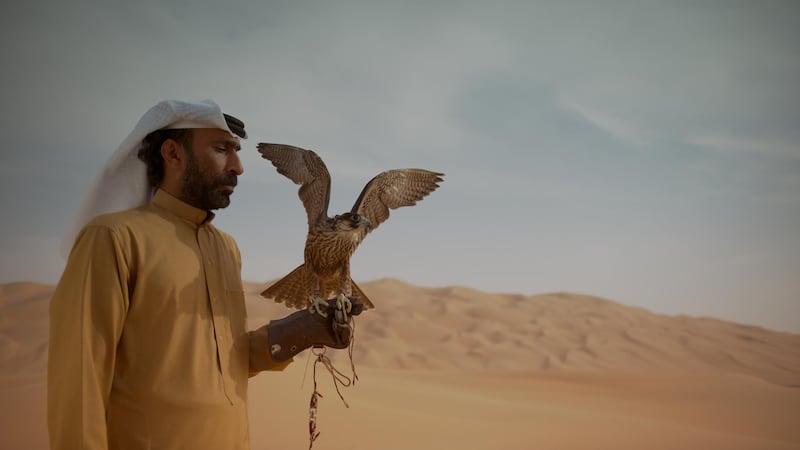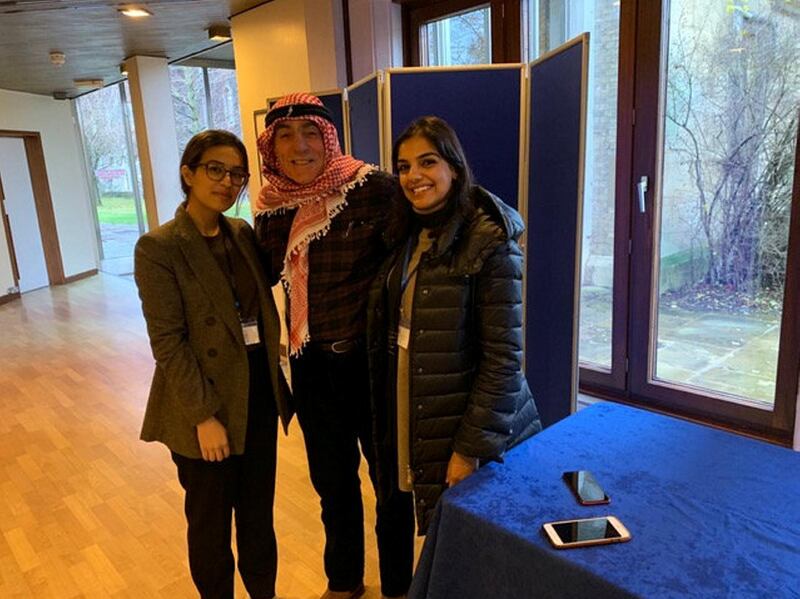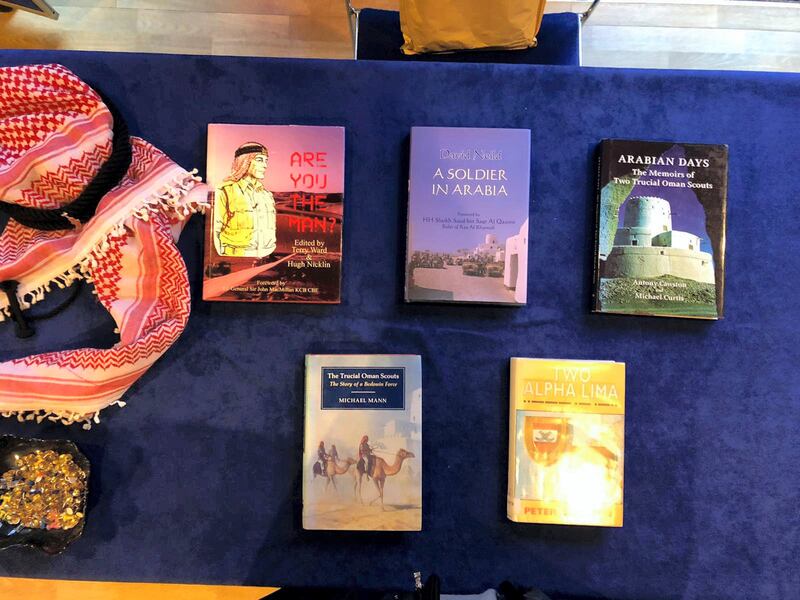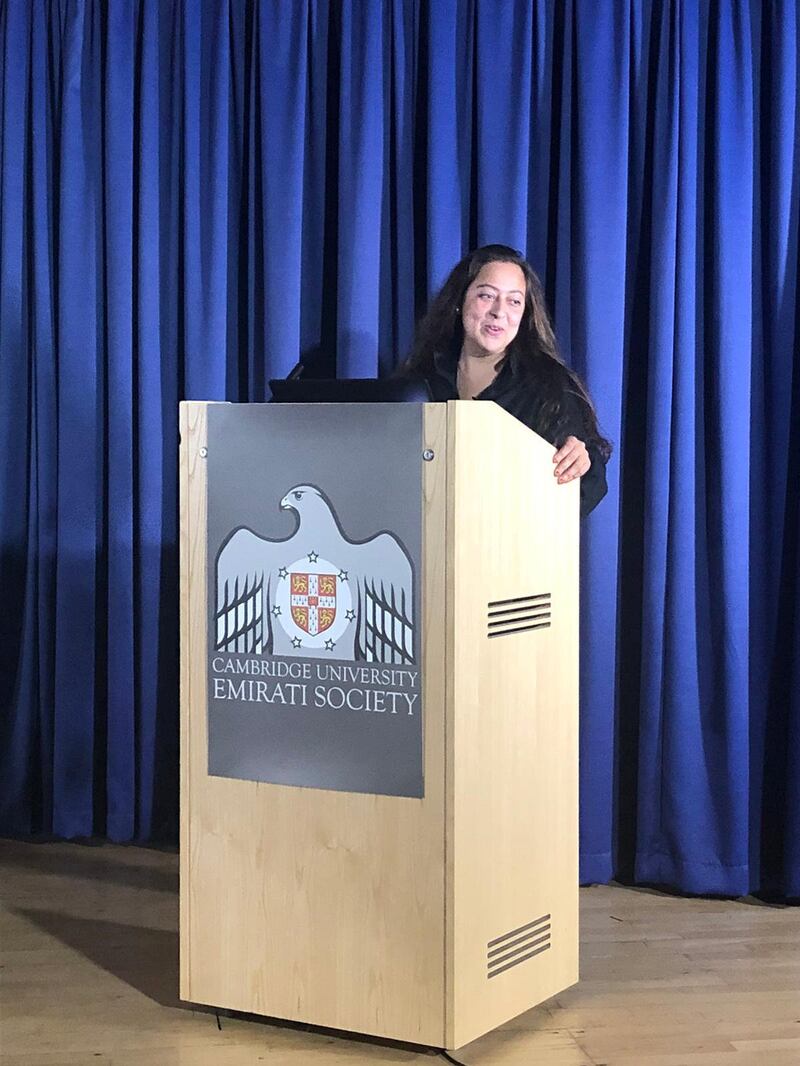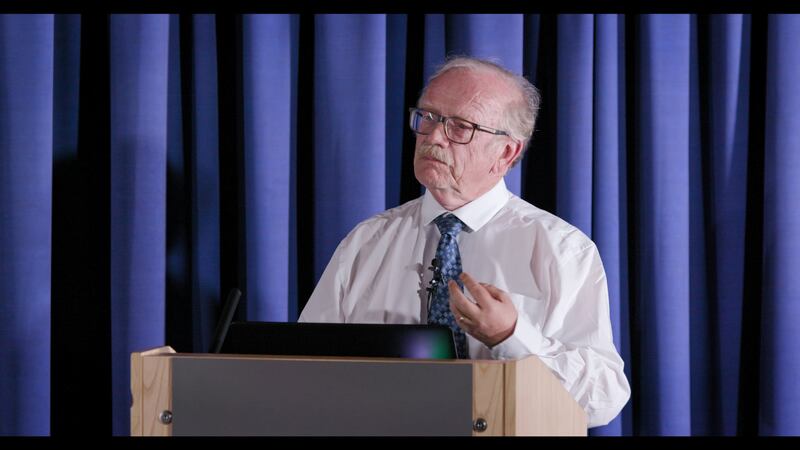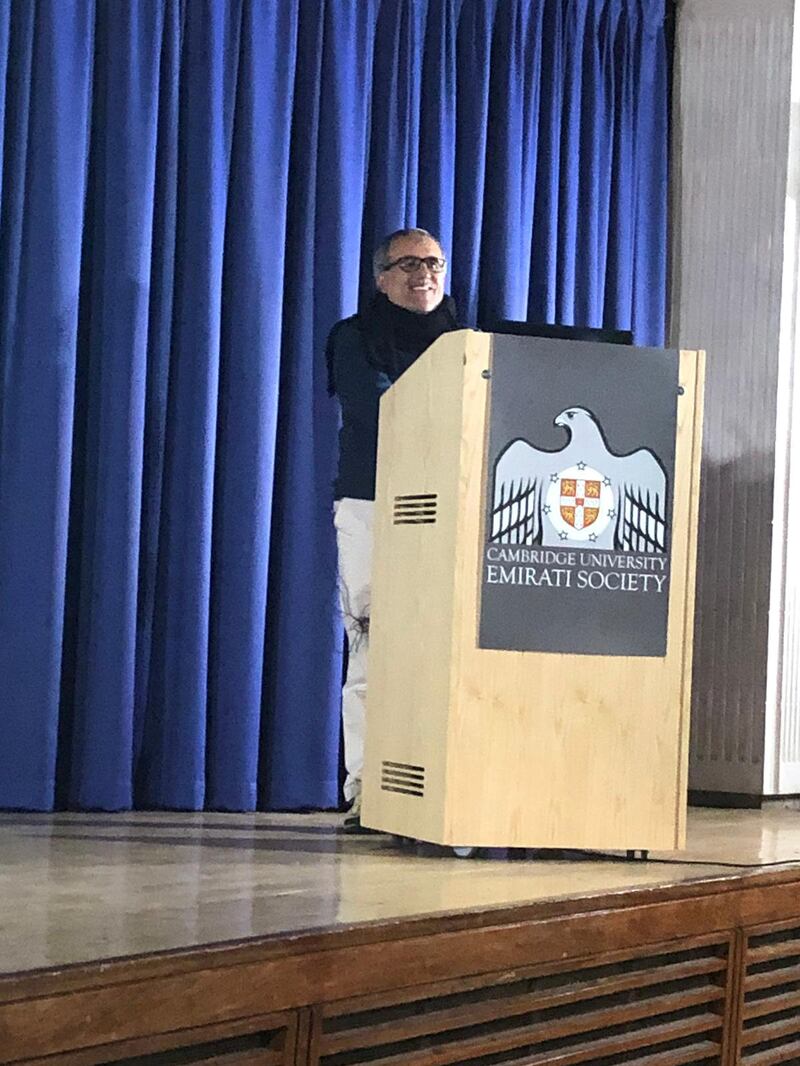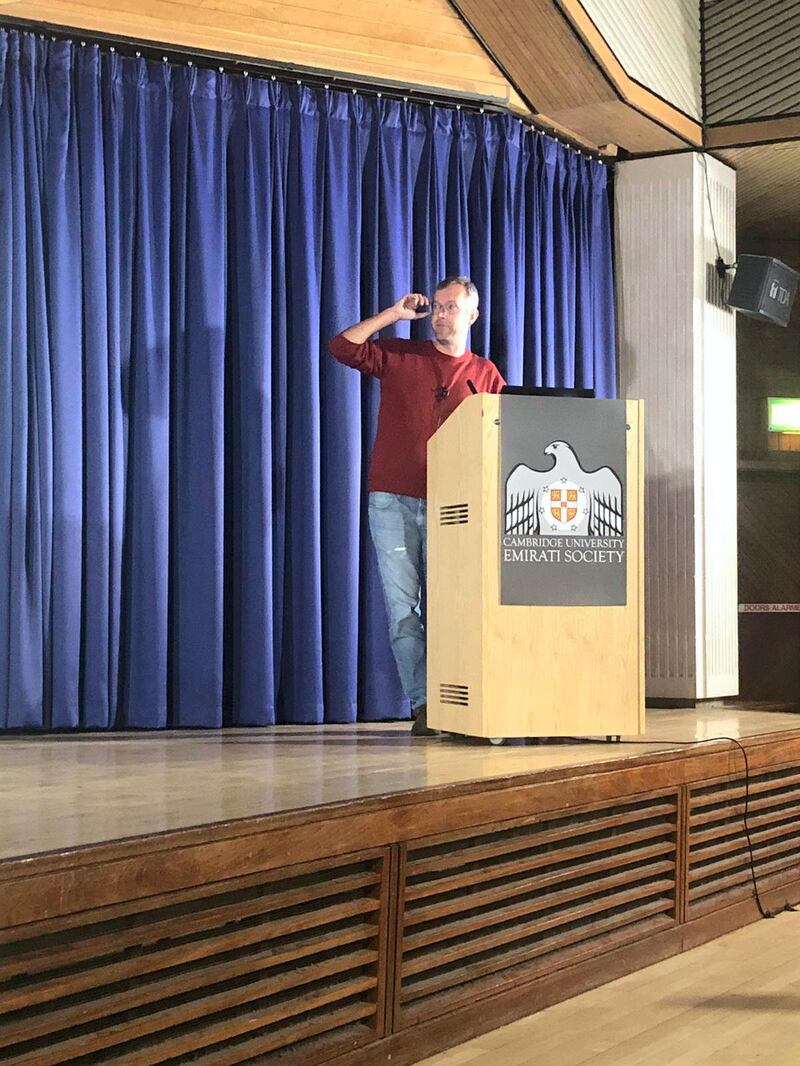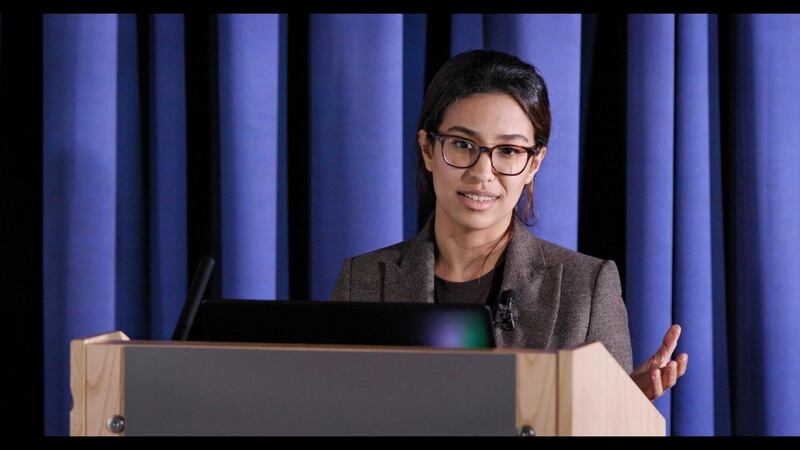Last week Emirati students at one of the top universities in Britain decided to make an early start to their celebration of the UAE’s 48th National Day by launching the Cambridge University Emirati Society. I was pleased and honoured to be invited, along with a couple of colleagues, to talk about aspects of the history of the UAE.
Besides Emiratis, the audience included non-Emiratis, both students and others, some of whom already had some knowledge about the country while others knew little or nothing but were curious to learn. That made it a little difficult to decide on the degree of detail required, with the limited time available, but my colleagues and I seemed to get a reasonable response. The underlying theme of my talk was an attempt to dispel the false image that the UAE has little in the way of history. On the contrary, I noted, it has a heritage of nearly 9,000 years of engagement in international trade.
A couple of days earlier, following the launch here in the UAE of the new documentary series on the history of the Emirates, its producers, Image Nation Abu Dhabi and Atlantic Productions, in association with the UAE embassy, held a separate event in London to discuss this important initiative.
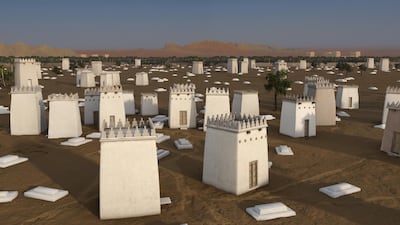
I am naturally delighted that a serious effort to promote knowledge of this country’s fascinating past, both at home and overseas, now seems to be well under way. It is about time.
While few people overseas are likely to be interested in much of the detail of our history, there are plenty of aspects to it which should surprise almost everyone. I describe these as "wow factor" details – the kind of information that will make people sit up and think: “I didn’t know that.”
We have plenty of "wow factor" details in our past. About 125,000 years ago, early humans travelled out of Africa through what is now the UAE on the way to populate Asia. The oldest evidence of pearls about 7,800 years ago comes from Abu Dhabi’s western island of Marawah, with the pearl that provides the proof now on display at Louvre Abu Dhabi. The earliest evidence of man consuming dates more than 7,000 years ago comes from another island, Dalma. And some 4,500 years ago, we were trading with the Indian subcontinent. Two thousand years ago, Gulf seamen were sailing from here to China. Two centuries ago, the Al Qawasim of today’s Sharjah and Ras Al Khaimah had a navy of more than 60 large ships, contesting control of the seas between here and India.
The main point of my column this week though is to recognise the efforts being made by Emiratis overseas to promote knowledge of the country and facilitate a better understanding of it. For our diplomats, that is their job. It is part of the job too for those promoting trade or tourism or selling airline seats. For others, though, such as the undergraduate and postgraduate students and researchers I met in Cambridge last week, it is all voluntary work. They undertake it in their spare time, creating and running organisations like the Cambridge University Emirati Society, often chipping in their own money to support events. Their enthusiasm is laudable. Their commitment is impressive. Their pride in their country and in its achievements is both self-evident and inspiring.
As more Emiratis travel overseas to study or work, there is scope for the creation of many more organisations like the Cambridge society. Other such bodies do already exist – in the US, for example – and I focus on the Cambridge University Emirati Society only because it is one of which I have personal experience.
Such groups have the potential to be an invaluable adjunct to the useful work being done by the foreign ministry’s office of public and cultural diplomacy. Indeed, in some ways precisely because they are voluntary bodies, they have the capacity to be effective in different ways, reaching out to different people, building informal networks that are – or should be – as much a part of the UAE’s outreach programme as more formal events and structures.
I was somewhat disappointed therefore and a bit surprised to discover that my hosts in Cambridge had been prepared to fund the event out of their own pockets, from room hire to hotels and flights. Fortunately, some help came from the foreign ministry at the last minute.
There is scope surely for some of our larger semi-public and private corporations to support such initiatives. I appreciate that the need for such bodies to budget well in advance does not always enable them to respond swiftly to an ad hoc initiative, as will often be the case with events organised by voluntary bodies. Relatively small amounts of money, however, or a few complimentary air tickets for speakers could go a long way.
There are now Emirati students at dozens of universities around the world. They are, in a real sense, informal ambassadors for the Emirates. Let us give them not just recognition but help and support for the role they play.
Peter Hellyer is a consultant specialising in the UAE's history and culture
